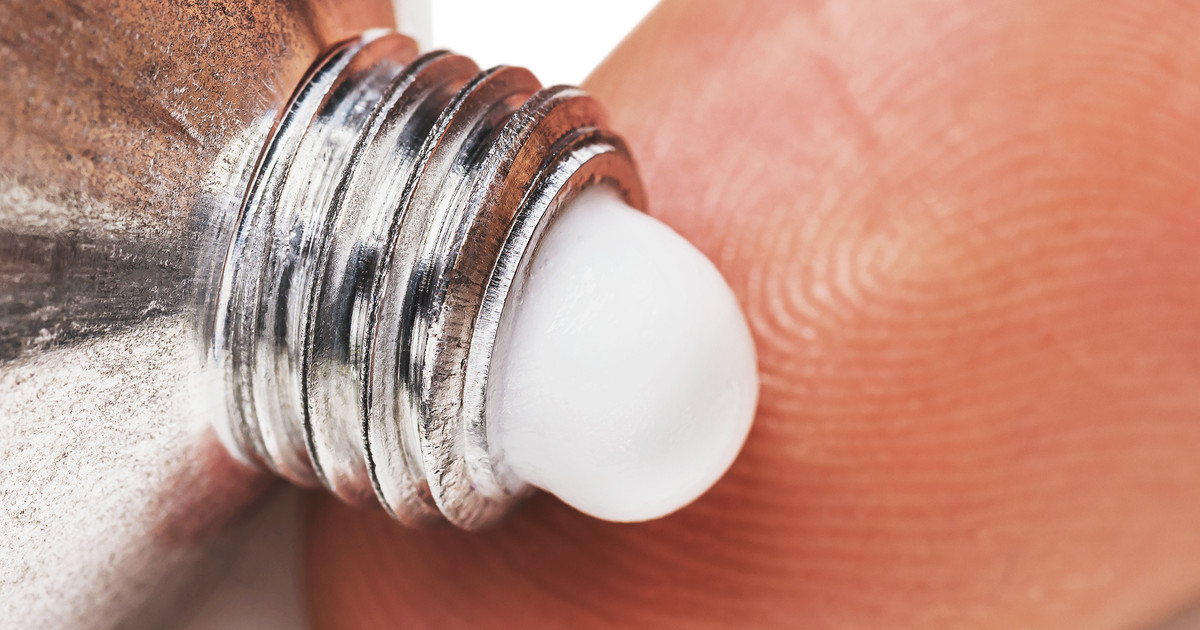Understanding Benzocaine
Benzocaine is a common topical numbing medication sold under many brand names! It blocks the nerves from sending pain signals to the brain. Thus, patients do not feel the pain! Adults and children are both approved to use this medication. The only exceptions are children under two years old! It is not safe as a treatment for infant teething pain.
As mentioned, this medication is a phenomenal pain relief treatment. Topical benzocaine treats sore throat pain very well! This medication is also effective as a treatment for ingrown toenails, hemorrhoids, and irritated skin. Doctors also use this medication before medical procedures that involve inserting instruments, such as a speculum or tube, into their patients. Similar to other medications, patients must understand benzocaine before using it as a treatment for minor pain.
How It Works

Benzocaine is a topical medication that comes in cream, ointment, spray, and gel form. Patients should never take this medication orally. Instead, they will apply it to their skin or affected soft tissue. This medication numbs nerve endings. The result is that the nerves cannot send pain signals to the brain. This is how it gets rid of pain! Individuals use this medication for many mild conditions. Doctors also use it before medical procedures!
Benzocaine is an active ingredient in many products. It is found in medications that treat swimmer's ear and remove ear wax! This medication is also used in mucoadhesive patches to get rid of pain in the mouth. The spray form treats a sore throat! It will also numb the throat before a medical procedure.
Read about the uses of this medication now.
Uses

This medication is excellent at treating minor pain and skin irritation! Common uses include treating minor scrapes and insect bites. It also gets rid of discomfort and itching due to hemorrhoids! As mentioned, the spray form treats a sore throat very well. This medication also treats itching around the genital area. However, individuals must exercise caution here! Patients also receive benzocaine to numb their genitals before doctors insert necessary medical instruments, such as a speculum. The same applies to when doctors need to insert a tube in their throat!
This medication, however, is not meant for serious conditions! Individuals must also ensure that their scrape is clean before applying it. They should use this medication on an as-needed basis. It is also an excellent supplement for patients who are using another medicine to treat an injury.
Keep reading to reveal the side effects next.
Side Effects

This medication has several side effects. Patients need to be aware of all of them! The most common ones include burning, stinging, and itching around the application site. Dry skin, flaky skin patches, redness, and tenderness also occur in this area for some patients! These side effects appear between a few minutes to two hours following application. They also appear if patients use too much benzocaine!
Patients also need to watch out for methemoglobinemia. It causes fatal oxygen starvation to specific tissues! It is rare, though it does happen in some patients who use this medication. Typically, it occurs after several uses. However, some individuals get it after one. Patients need emergency medical attention for lightheadedness, confusion, a fast heartbeat, shortness of breath, and lethargy after applying this medication. Other severe side effects that require immediate care include swelling, severe burning, and blistering. Patients must stop using this medication immediately for any of these severe side effects!
Get the details on precautions for this medication next.
Precautions

Patients need to discuss this medication thoroughly with their doctor before using it! Their doctor must know if they have ever had a reaction to it or a similar medication before. Patients also need to provide their doctor with their complete medical history. This history needs to include past breathing issues, heart disease, and blood issues. Patients must also share any past infections they have had in the affected body part.
Before surgery or another procedure, patients need to give their medical team a list of all current medications, supplements, and vitamins. This prevents medication interactions with benzocaine! Women must only use this medication when it is seriously needed if they are pregnant. There are certain benefits and risks to using it during this time! Nursing mothers have to consult their doctor first as well. Currently, no studies exist on benzocaine's effect on breastmilk.
Keep reading to learn about the medication interactions next.
Medication Interactions

Patients need to inform their physician of all of their current medications, supplements, and vitamins. This ensures that their doctor helps them avoid medication interactions, including those with benzocaine! Thankfully, as benzocaine is a topical medication, it has few interactions. However, severe medication interactions exist with it and prilocaine and sodium nitrite.
Prilocaine and benzocaine are in the same class of medications. Using them together increases a patient's risk of a condition that causes fatal oxygen deprivation! Young individuals and those with preexisting conditions are more at risk of this interaction. Sodium nitrite used with benzocaine also increases the risk of this condition. Patients must be especially careful here. After all, this substance is a type of salt! It is used as a food preservative and antioxidant.